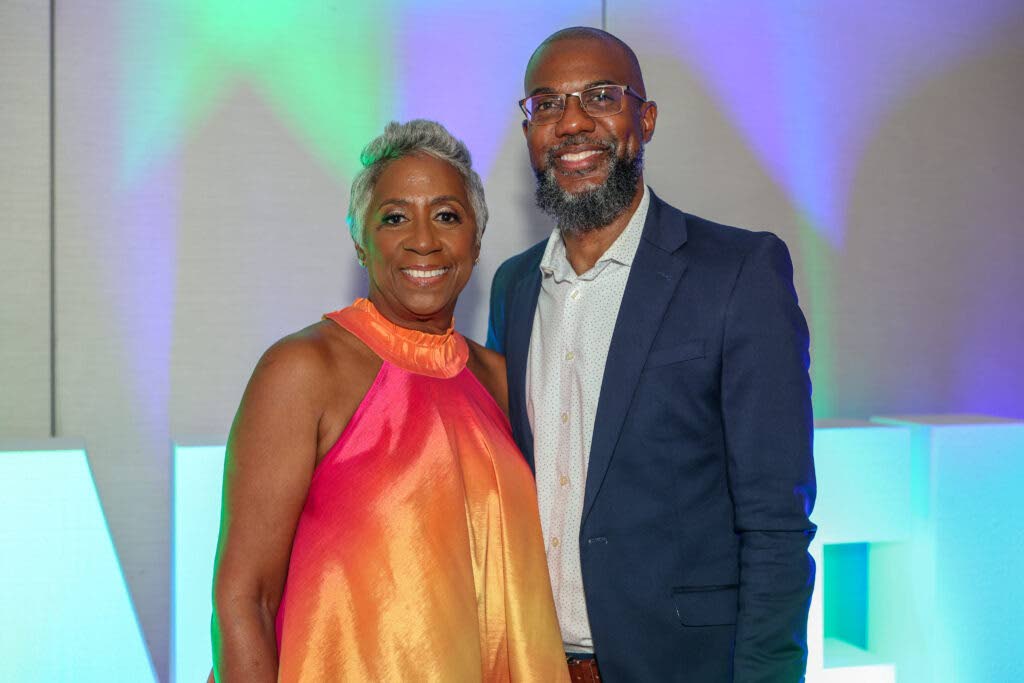Sandra Glasgow, co-founder and investor member of FirstAngels Caribbean, and Delroy McLean, investor and associate member of FirstAngels Caribbean.
ACCESS to capital remains a persistent challenge for Jamaica’s micro, small, and medium-sized enterprises (MSMEs), with the country’s limited private equity landscape prompting many entrepreneurs to seek funding beyond local borders.
However, industry stakeholders note that, before attracting external investment, businesses must be equipped with the necessary structure, financial transparency, and strategic alignment to secure and sustain investor interest. That issue took centre stage during Access Granted, a live forum hosted by FirstAngels Caribbean and its RevUp programme on YouTube, where angel investors and founders discussed the key elements of investment readiness and shared practical tips on securing funding.
“It’s not about having a great product alone,” said Delroy McLean, investor and associate member of FirstAngels Caribbean. “It’s about scale; how will the business expand? How do you penetrate the market and grow exponentially? The numbers matter.”
He also noted that, while the market may seem large, it’s important for founders to know their actual addressable market, as not everyone will be a customer, and the growth strategy should also reflect that.
“Every investment we make is an investment in people, not just a business idea,” said Douglas Orane, investor member of FirstAngels Caribbean and former chairman of GraceKennedy.
Orane noted that investors like himself are not simply looking to fund passion projects; they’re looking for returns. That means founders must demonstrate capital efficiency: knowing where every pound is going, how it can be stretched, and how — and when — investors will be repaid. He also stressed the importance of honesty and transparency, especially when things go wrong. Another critical, yet often overlooked, principle in entrepreneurship is how entrepreneurs view evolving leadership. Investors view an unwillingness to delegate, upskill, or hire qualified personnel to address operational gaps as a red flag. A sound understanding of the company’s profit and loss (P&L) statement, he noted, is not optional; it is a baseline expectation.
“Which would you rather have? A slice of a watermelon or the whole of a grape?” Orane asked.
“If you want to keep control forever, you’ll end up with a grape. But if you want it to grow, you’ll have a slice of a watermelon, and you’ll be wealthier for it.”
Angel networks operate differently from traditional investors, according to McLean. He explained that pitching to an angel network means presenting to a room of potential investors, some of whom may be immediately convinced by the business case, while others rely on the due diligence process before deciding. However, he noted that early interest often builds momentum, increasing the likelihood of additional investors coming onboard.
“Too often, founders are desperate to get off the ground and jump at the first shiny investor who shows interest,” said Davia Bryan-Campbell, founder of EduHub Company Ltd. “But courting investors is like dating; it’s a long-term relationship.”
She warns founders to also be discerning about whom they accept money from, emphasising that value alignments are often more valuable than just capital.
Sandra Glasgow, co-founder and investor member of FirstAngels Caribbean, noted that the RevUp programme was developed to address a recurring gap observed during early investment deals facilitated by the angel network.
“Many founders have great ideas,” Glasgow said, “but they often don’t realise what they don’t know, and that lack of knowledge can hinder growth and investor confidence.”
Originally launched as a spin-off of FirstAngels Caribbean, RevUp is designed to help entrepreneurs structure their businesses for investment readiness. It supports founders in building the financial, strategic, and operational discipline needed to attract and retain funding, not only from angel investors but also from a range of capital sources. Glasgow emphasised that, without investor returns, the angel network cannot sustain itself, and new founders will lose opportunities to secure much-needed capital. So far, RevUp has invested US$3 million in Caribbean businesses.
